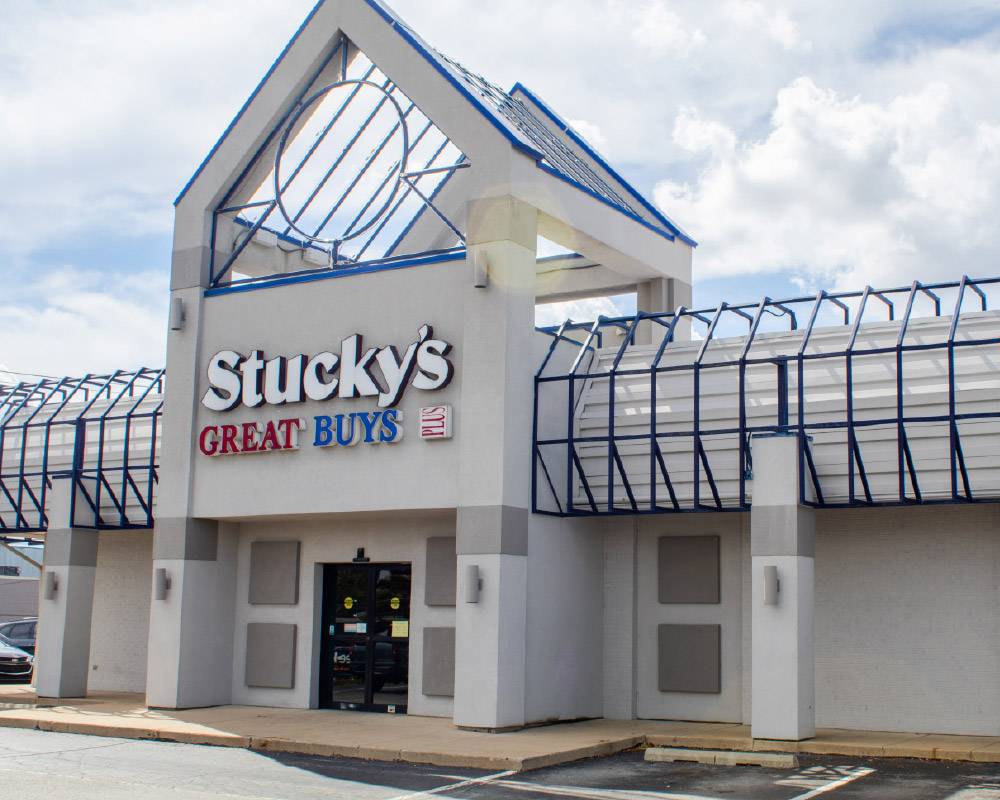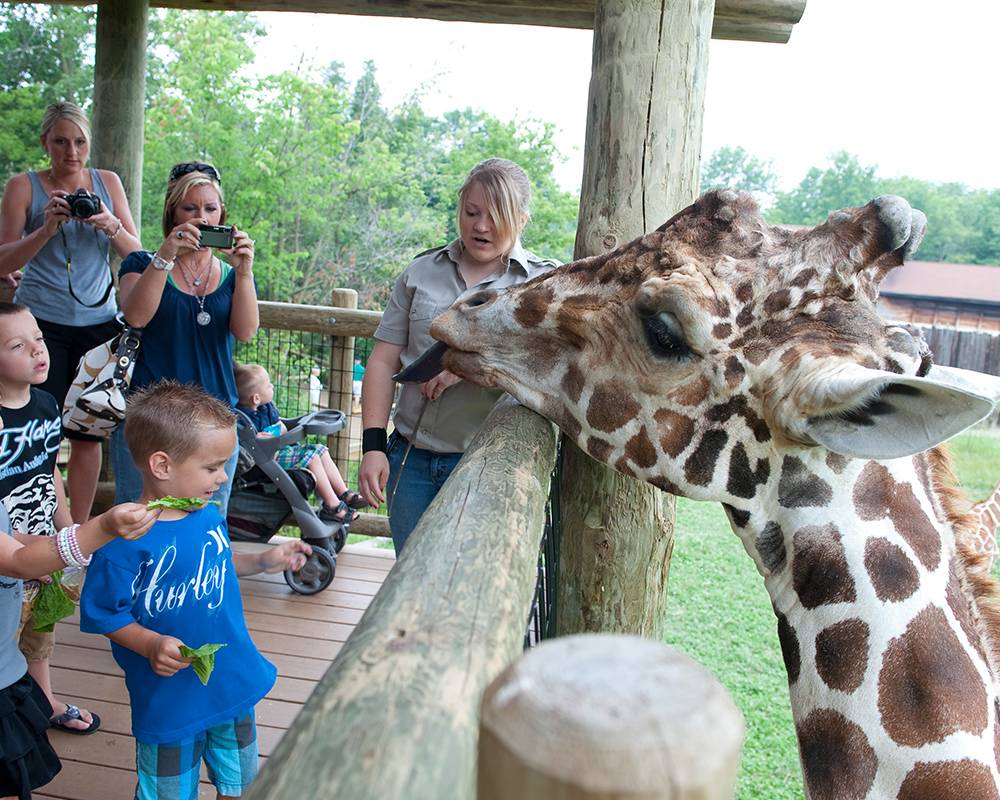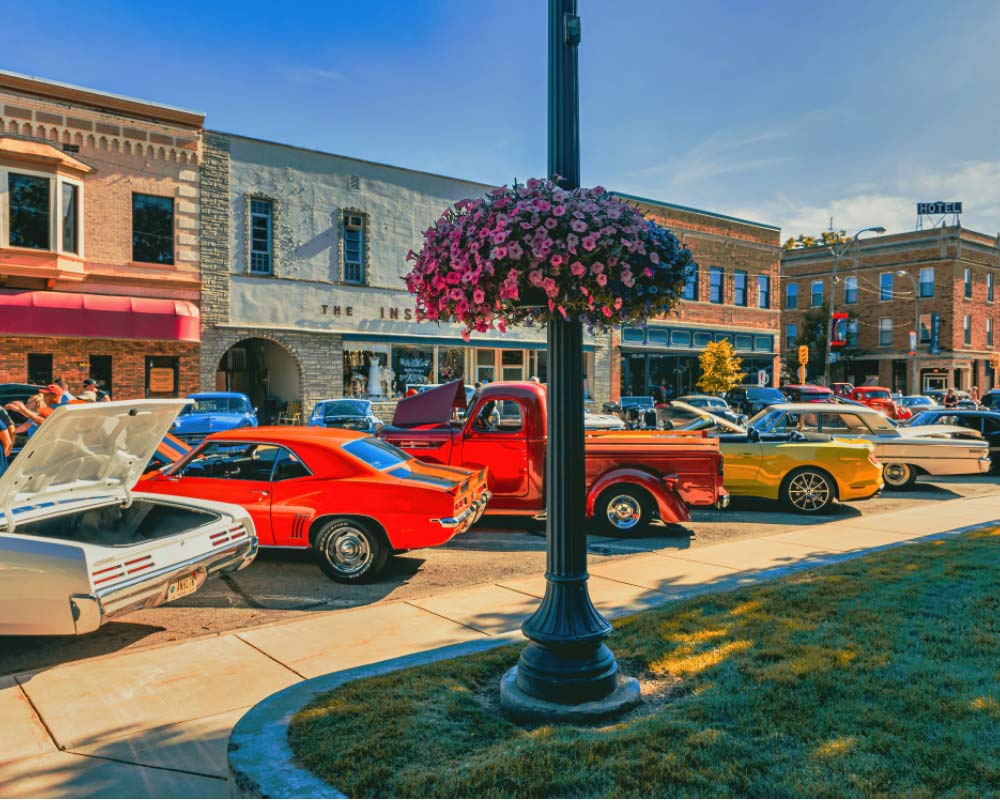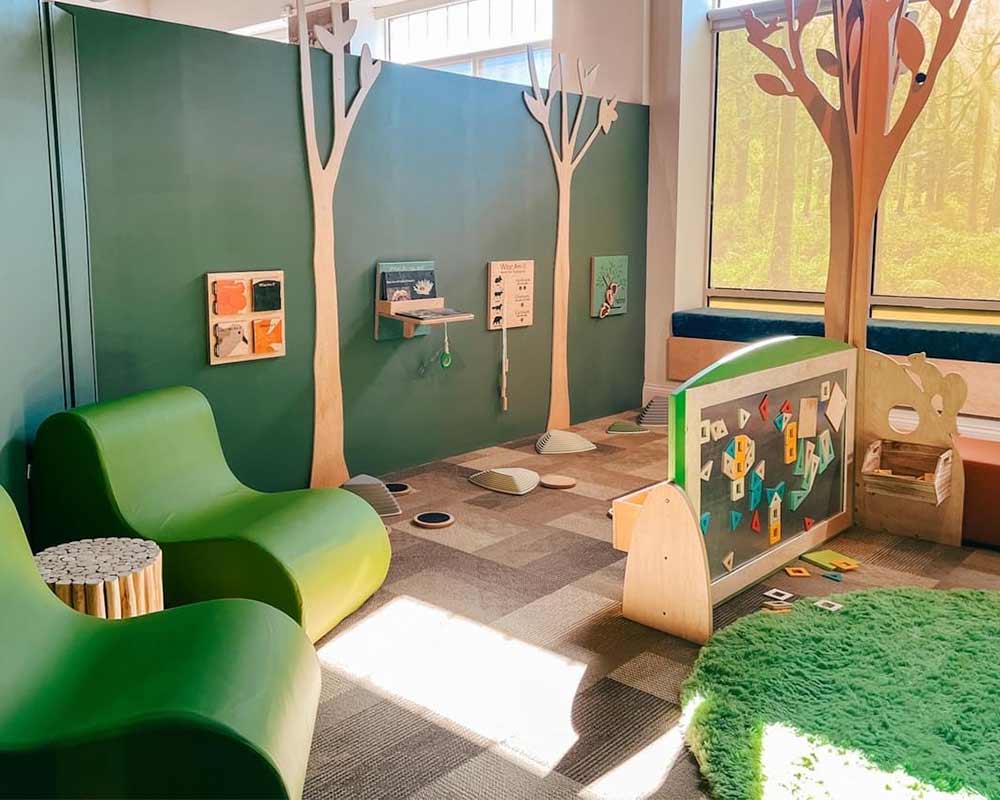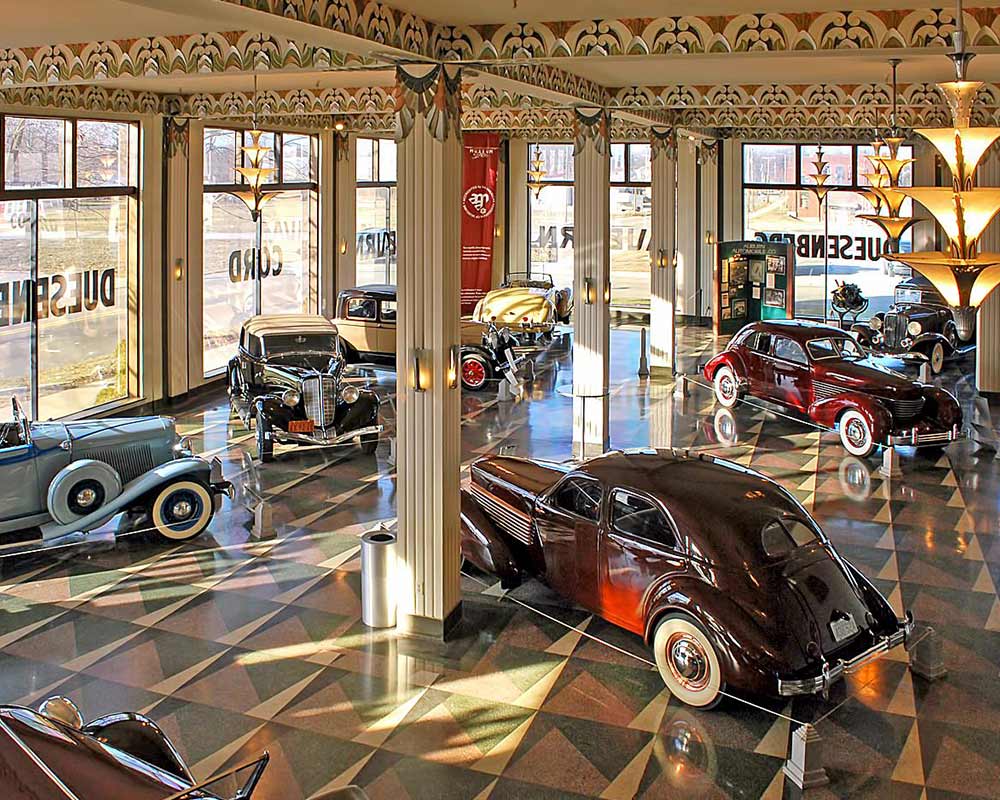Classic cars have a cherished history that’s kept fresh and alive by people who love them.
People who appreciate history, art, and design are often passionate about them, says Walter Fisher, marketing and communications manager at the Auburn Cord Duesenberg Automobile Museum, 1600 S. Wayne St., Auburn, Ind.
“People like classic cars because they grew up with them. They remember Dad or Grandpa had one and the memories generate a lot of nostalgia not only for their own history, but for the unique style and craftsmanship of the cars,” Fisher says.
The Auburn Cord Duesenberg Automobile Museum has more than 120 cars on display in nine themed galleries on three levels in a building that’s historically significant in itself. The galleries feature classic cars (as defined by the Classic Car Club of America), racing cars and Indiana-built cars. The oldest car is an 1894 Black Prototype and the most modern car is a 2002 Ford Thunderbird Roadster.
The museum’s collections are contained in three main areas: the automobile collection, the archives collection and the small artifact collection. Each has a bull’s-eye design, with artifacts closest to the center of the bull’s-eye being the most significant.
The museum building itself is the museum’s largest artifact. It was constructed for the Auburn Automobile Company in 1929 and is one of the finest examples of Art Deco architecture in the Midwest. It’s listed on the National Register of Historic Places and was named a National Historic Landmark in 2005. The original building housed the car company’s showroom, offices and design studio until it closed in 1937.
The museum hosts many community events each year that have resumed since the lifting of pandemic restrictions.
The free, family-friendly Classic Car Concert Series continues this summer with Hubie Ashcraft Band playing July 29; Big Caddy Daddy on Aug. 26 and Whoa! Man (a celebration of women in rock music) on Sept. 23 at the museum plaza. Food vendor tents open at 5:30 p.m. and music begins at 6 p.m. Attendees are encouraged to display their favorite vehicles in the parking lot and bring blankets and chairs to enjoy the event.
Cars and Coffee is from 9 to 11 a.m. every third Saturday of the month through September at the museum. The event is an opportunity for classic car owners to meet, while enjoying free coffee, donuts and music provided by the museum.
Also on every third Saturday, an outdoor movie is shown in the parking lot.
Several years ago, the museum started to digitize its archival collection to make it available to the public. It’s available online at automobilemuseum.org. Also on the website are self-guided tour videos featuring some of the best classic automobiles in the country and the stories of the cars told by people who know them best.
“The Auburns were hand-built, high-end, custom-ordered cars and some of the features that were innovations at the time are now standard features in cars today, mainly front wheel drive and hydraulic brakes,” says Fisher.
The Auburn Automobile Company was founded in 1900 and grew out of the Eckhart Carriage Company, founded in Auburn in 1874 by Charles Eckhart. His sons, automobile enthusiasts Frank and Morris, entered the business, bought out other local carmakers and moved into a larger building in 1909, until shortages caused by WWI forced the business to close in 1919.
The Auburn Automobile Company was sold to a group of Chicago investors, including William Wrigley, Jr.
In 1926, Errett Lobban Cord, a race car driver, mechanic and car salesman, became president and owner.
Duesenberg Motors Company was an American manufacturer of racing cars and luxury vehicles (nicknamed “Duesy”). Founded in 1913 in Saint Paul, Minn., the company moved to New Jersey and then to Indianapolis, establishing the Duesenberg Automobile and Motors Company and debuting its first passenger car, the Duesenberg Model A. In late 1926, Cord acquired Duesenberg and continued the production of racing and luxury cars, including the 1928 Duesenberg Model J, designed to compete with the most powerful cars in the world.
The Cord L-29 was the first successful mass-produced front-wheel-drive car in America. Cars built by Cord became famous for their advanced engineering and striking appearance.
Auburn’s administration building was completed and opened in 1930, followed by the best sales year ever with 34,000 cars sold. Bad times for Cord and the Great Depression forced the company’s closure in 1937.
The company and its remaining parts inventory were purchased by Detroit entrepreneur Dallas Winslow for $85,000 plus $25,000 for the Auburn administration building. The new company was named the Auburn-Cord Duesenberg Company, selling stock parts and offering service work to owners of the classic cars, before it opened the museum. ❚

